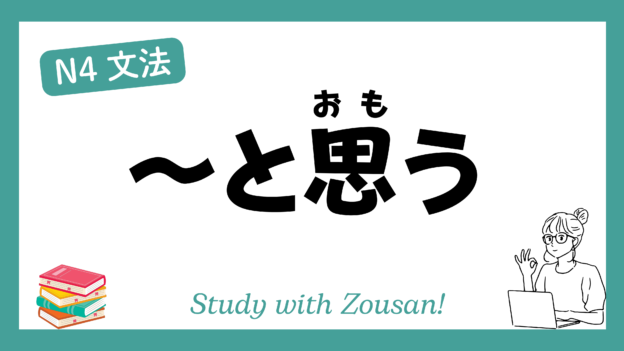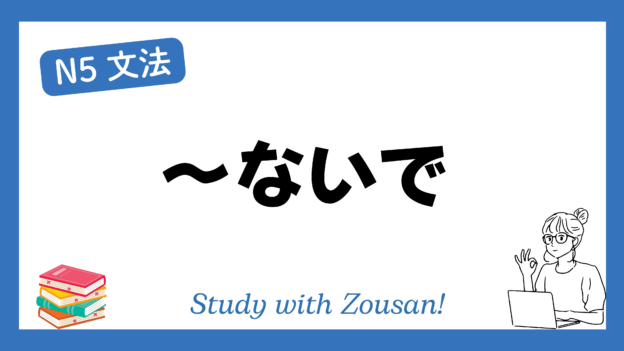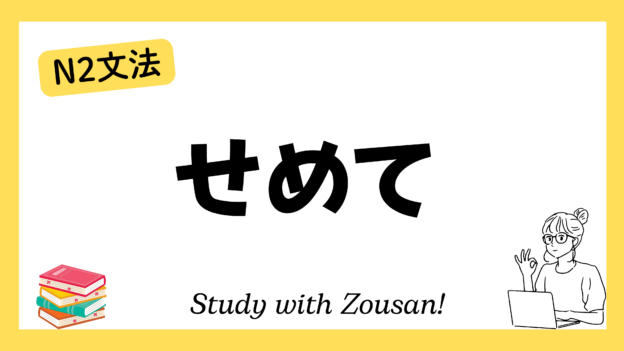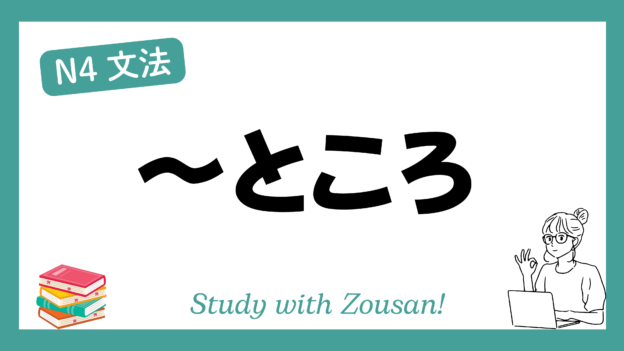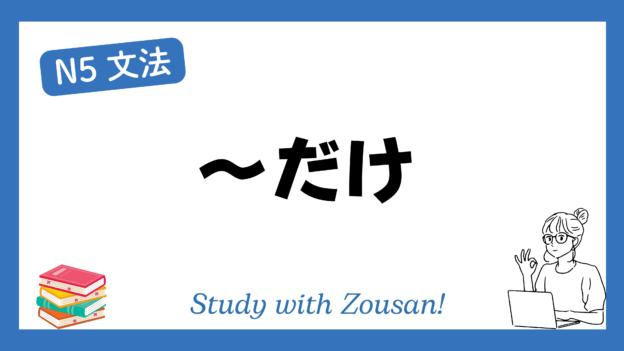N4文法:~と思う
Meaning: “Think that…” / “Believe that…”
~と思う is used to express the speaker’s thoughts, opinions, perspectives, or feelings about a matter, event, or action. It is commonly used in both spoken and written language to convey personal views or make judgments.
※Note:
・~と思う can be combined with verbs, adjectives, or nouns to express opinions or feelings.
・It is often used in questions to ask about someone else’s opinion, e.g., “どう思いますか?” (What do you think?).
・In casual spoken language, ~と思う can be shortened to ~と思うんだ or ~と思うよ for a more conversational tone.
Structure:
| Verb | + と思う + と思います + と思わない + と思いません |
| Noun + だ | |
| な-adjective + だ | |
| い-adjective |
Example:
-
-
-
🌟 彼は真面目だと思う。
(かれ は まじめ だ と おもう)
I think he is serious. -
🌟 この料理はおいしいと思います。
(この りょうり は おいしい と おもいます)
I think this dish is delicious. -
🌟 彼女はもう帰ったと思う。
(かのじょ は もう かえった と おもう)
I think she has already gone home. -
🌟 彼の意見は正しいと思わない。
(かれ の いけん は ただしい と おもわない)
I don’t think his opinion is correct. -
🌟 彼女が来ると思いますか?
(かのじょ が くる と おもいます か)
Do you think she will come? -
🌟 明日は雨が降ると思う。
(あした は あめ が ふる と おもう)
I think it will rain tomorrow. -
🌟 この映画は面白いと思うんだ。
(この えいが は おもしろい と おもう んだ)
I think this movie is interesting. -
🌟 彼はそのことを知らないと思います。
(かれ は その こと を しらない と おもいます)
I think he doesn’t know about it. -
🌟 日本語は難しいと思うけど、楽しいです。
(にほんご は むずかしい と おもう けど、たのしい です)
I think Japanese is difficult, but it’s fun. -
🌟 彼が優勝すると思っていた。
(かれ が ゆうしょう する と おもっていた)
I thought he would win.
-
-



